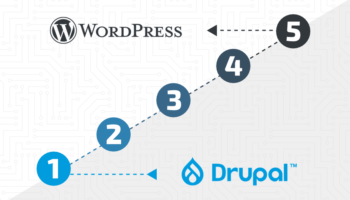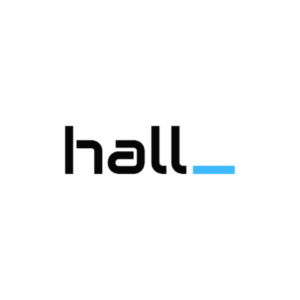Do you remember encyclopedias? You know those heavy books stacked up on the bookcase collecting dust. The only time they were ever used was when little Johnny had a report on the solar system or some other mundane topic. Dragging his feet to the bookcase, Johnny would take down the Encyclopedia ( being careful not to drop on his foot..those books were heavy!) and proceed to regurgitate information that had been written years or sometimes decades before his time.
In this age of blogs, wikis and 24/7 news outlets, it’s laughable that we ever used encyclopedias for information. Out of Date V. Up-to-the-minute. With the help of sites like YouTube, news blogs and message boards, we are literally able to watch history in the making. Little Johnny can not only report about the solar system, he can watch a YouTube video about solar eclipses, view pictures of the different planets, and chat with others interested in the Solar System. Talk about a comprehensive report little Johnny will have!
So how does all this encyclopedia talk relate to your website? Well..ask yourself, is your website an encyclopedia or an outlet for up-to-date information? You see, it’s simply not enough to ‘just have a website’ anymore. In the early days of the internet, having a rudimentary website complete with flashing icons and scrolling text was acceptable. But the growth of the internet and the competition to be on top has changed the landscape of how websites are built and marketed.
Bruce Clay makes a good point when talking about the expectations of prospective clients,
“They buy the domain name, plan out the site, write up some relevant content and then they wait for the Internets to bring them the traffic and the adoring fans. Soon they will be rich!
Only they’re not rich. They’re not even successful. They’re Just Another Web site and nobody cares.”
Having a website is the first step in catapulting yourself into internet infamy (maybe). But it takes a lot of work to get on top. It’s not magic and it doesn’t come easy. Having a professional looking site which reflects the needs of your user is essential. Marketing your website through link building, press releases, and blogs is another step in the right direction. Updating your content frequently can be the most important as it not only provides beneficial to your visitors but it also attracts Google’s crawlers more frequently. And the more frequent Google crawls your site, the greater the authority it thinks you are becoming. The goal to not only have a presence on the web, but an identity…and identity of authority in your niche.
P.S. If I relied on Encyclopedias for my information, I might think that Pluto was still a planet.





